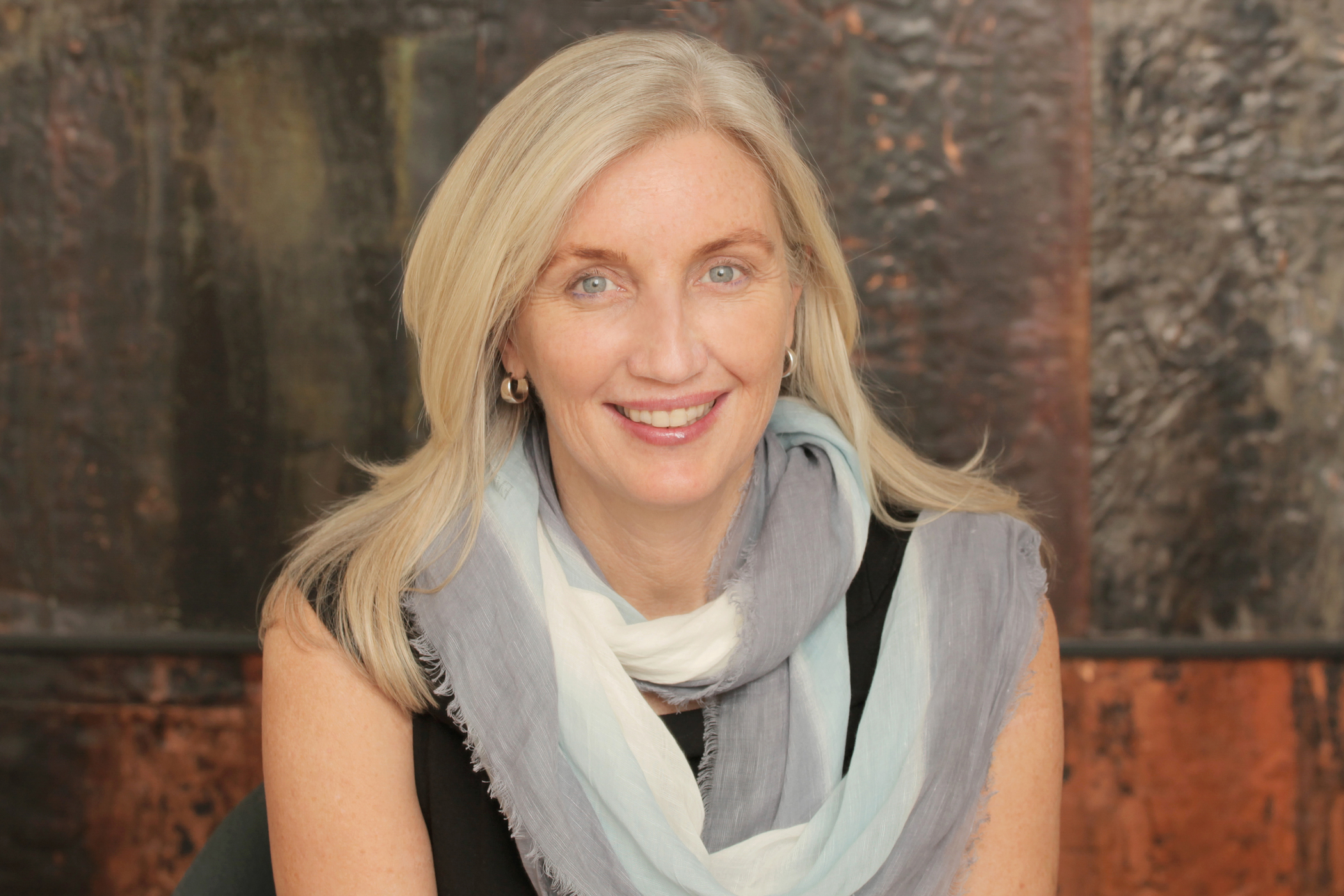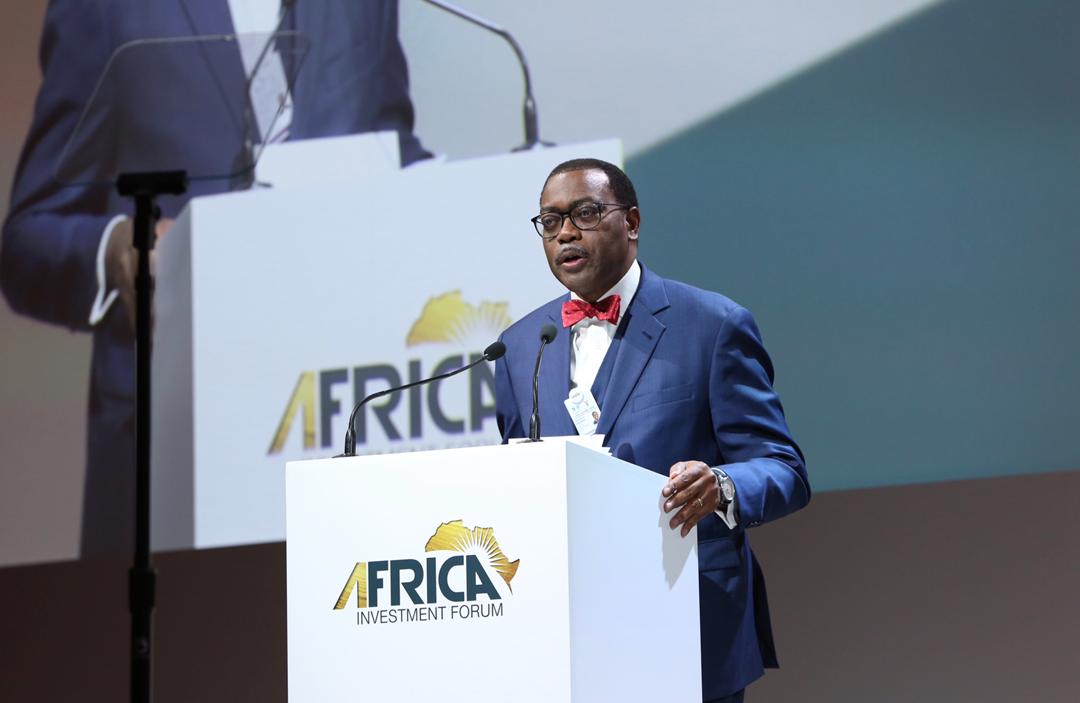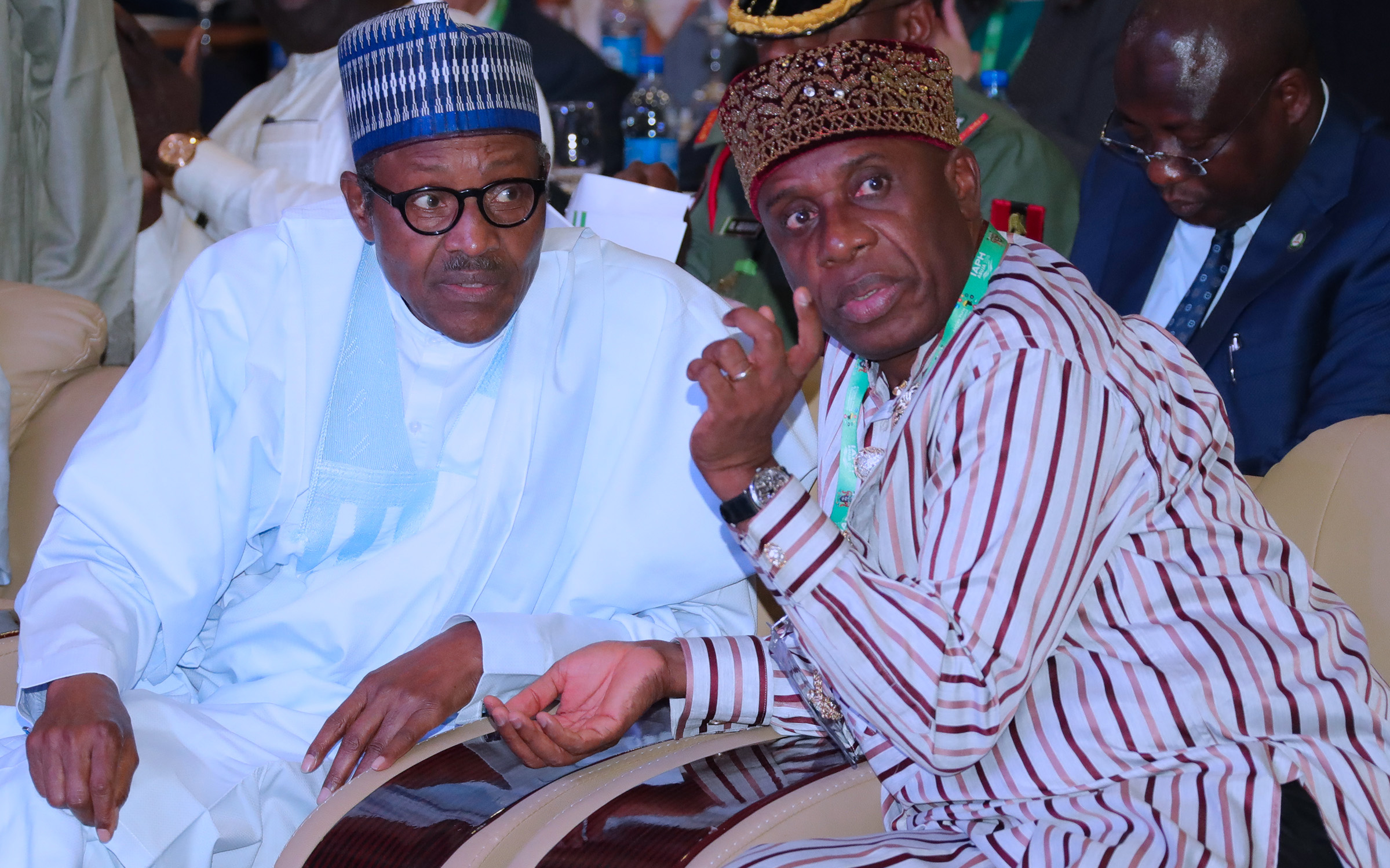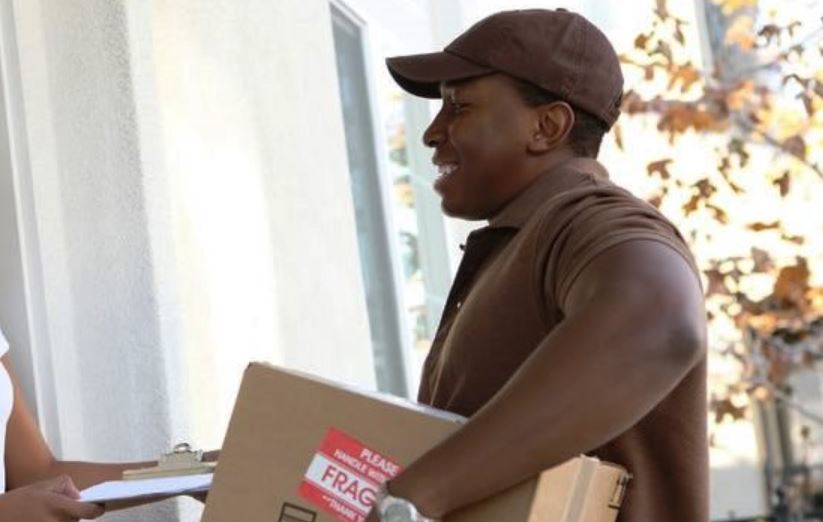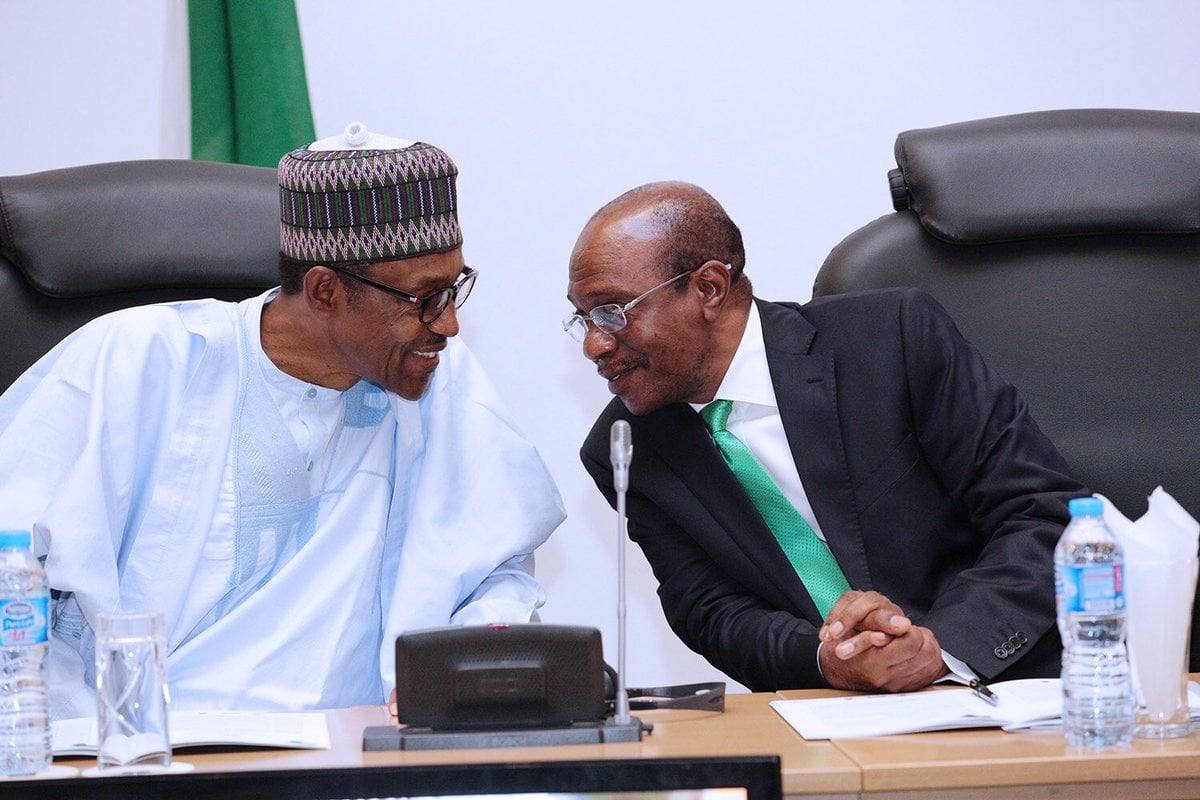Christine Heenan, vice-president, global policy and advocacy at The Rockefeller Foundation, says the Africa Free Trade deal is very promising for Nigeria.
Granting an interview on the sidelines of the just concluded Africa Trade Forum held in Lagos, the former vice-president of Public Affairs and Communications with Harvard University, said the Rockefeller Foundation is in Nigeria for the long term.
Forty-nine countries have signed onto the free trade deal, including South Africa. But the Nigerian government has not signed the deal.
According to Heenan, Nigeria has shown interest and enthusiasm, by attempting to carry every stakeholder along.
Advertisement
Here are excerpts from the interview:
Can you tell us why Rockefeller Foundation is interested in the Africa Continental Trade Agreement?
Our interest in AFCFTA is around trade and our interest in joining with the government of Nigeria is to help organize this conversation, because we believe that intercontinental commerce and cooperation will lead to further progress in those areas that we care so deeply about.
It will also help solve malnutrition and hunger for more people, it will help bring health care and help data cross country lines and it will allow for solution to energy and power. There are off-grid solutions, there are renewables, that will lift more villages and entrepreneurs who are interested in doing more with their ideas and with their farms, but they need the power to do that.
Advertisement
What is Rockefeller seeing in that space that is making it key to reaching the poor on power, health, and agriculture?
We really believe that we are at a point in time where people are creating solutions, but those solutions are not being adequately scaled or are not reaching everyone who can benefit from them. So our interest is in harnessing science, data, and technology to bring these solutions to more people.
For example, far too many women still die in childbirth around the world, including here in Africa. But if you look beneath the statistics, they die of three primary causes, all of which are preventable. That is why we are bringing in community health data, along with expertise, that will allow community health workers to help women avoid those conditions, survive, thrive and help their families. A perfect example is how data now enables us to know and prevent these problems, so it is a matter of having those solutions available to help.
Fourty nine countries have signed the agreement excluding Nigeria. What hope lies for us, what are we missing out without signing that agreement?
Advertisement
It is very interesting listening to the [Nigerian] vice-president and to the minister of trade talk about Nigeria’s interest in carrying along stakeholders and making sure they get it right. What I heard is enthusiasm and interest for further deliberations and to remain inquisitive.
What potential do you think that the signing of AFCFTA will unlock in Nigeria?
I will turn to those who know better than me, like hearing Aliko Dangote say that Nigeria stands to be one of the biggest beneficiaries in terms of having a manufacturing base, having an economy that produces majorly for exports, and how the agreement could remove some of those barriers and will be an opportunity for Nigeria and Nigerians. So I think the robust nature of the Nigerian economy, reaching more of the continent, seems very promising in this conversation.
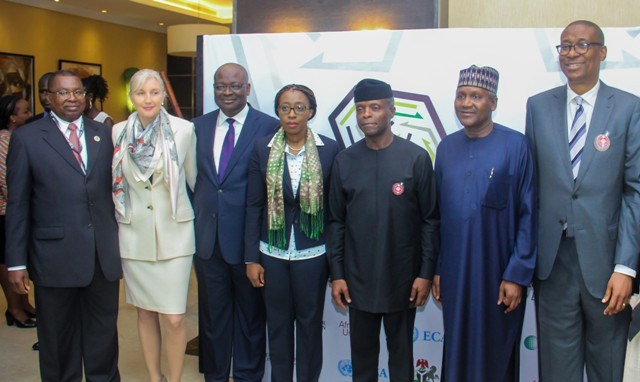
How can you describe Nigeria’s ease of doing business, how stressful or easy is it to have investment done in Nigeria?
Advertisement
I can tell you about the ease of doing business but one of the things that interests us is the ease of sharing data, integrating data, the ability to look across the continent and say, this is where weather patterns work their way through and affect drought and crop performance, this is where part of the continent is still underpowered and will benefit from a simple mini-grid to bring more villages online, bring them the value and poverty alleviation of productive power. So I think that we are more interested in the ease of sharing data and data integration, and what we can all learn from a clearer picture driven by more integrated, cross-country data.
Coming into Nigeria, disrupting the system with the data you talked about, what do you expect from Rockefeller in 5 years time?
Advertisement
I think data has already disrupted industry to the point where commerce is being completely transformed by AI and by big data. What we have yet to do is see that same transformation for the people who are most vulnerable on the planet. So let’s talk about an example of a disruption. Imagine right now, I can order a book on Amazon, and immediately they tell me other people who like this book also like these other seven books, right? That’s predictive analytics and big data. Now imagine a farmer who is pregnant with a child, who developed a condition when she gave birth the second time that makes her at risk forthis pregnancy. Imagine if she has a device that has the data from her previous two pregnancies that tells exactly the number of weeks when she should have a certain critical test, and tells her the mileage to the closest clinic where she can get that test done. That’s the kind of disruption we would love to see come to Africa, to the developing world, to that mum and that farmer.
Why is Rockefeller coming in when some others are putting their investment on hold based on the forthcoming elections?
Advertisement
We have been in existence for 105 years, we have been in Africa since 1965, so part of what is unique about the Rockefeller approach is taking the longer view, not quarter to quarter, not election to election, but what kind of innovation can we bring to bear now, that will pay a dividend in a year or two, even up to 10 years, even more profoundly 20 years. That’s what we are really excited about.
Do you have anything to say about the Nigerian power sector?
Advertisement
I think we are very interested in the potential of bringing some of the solutions we have seen deployed in India and Myanmar that brought such promise to that part of the world, that connected hard to reach remote villages to the main grid. What we have seen is, if you can have a power source that is renewable, like a solar mini-grid, a village can take control of its power usage and its power supply in a way that can fundamentally change the local economy. So we love the idea of talking with others here in Nigeria about what will be possible in that space, what we have learnt from elsewhere and how public-private partnership will make this work go even further.
What is your foundation about, what is your ideology and what are you here to preach?
Rockefeller Foundation has for 105 years been about trying to harness science and technology to deliver the fundamentals of human well-being to more people around the planet. We think about things like food, health and power. The ability to have a level of power that allows you to power your business, improve one’s life and lift one’s self out of poverty, or improve one’s health. These are the fundamentals of well-being.
Rockefeller Foundation is in how many countries, African countries precisely?
Our work in African countries is largely around Agriculture and over time, it has also been about health and power. Our offices are in Nairobi, but half of all our overall giving globally goes to Africa.
